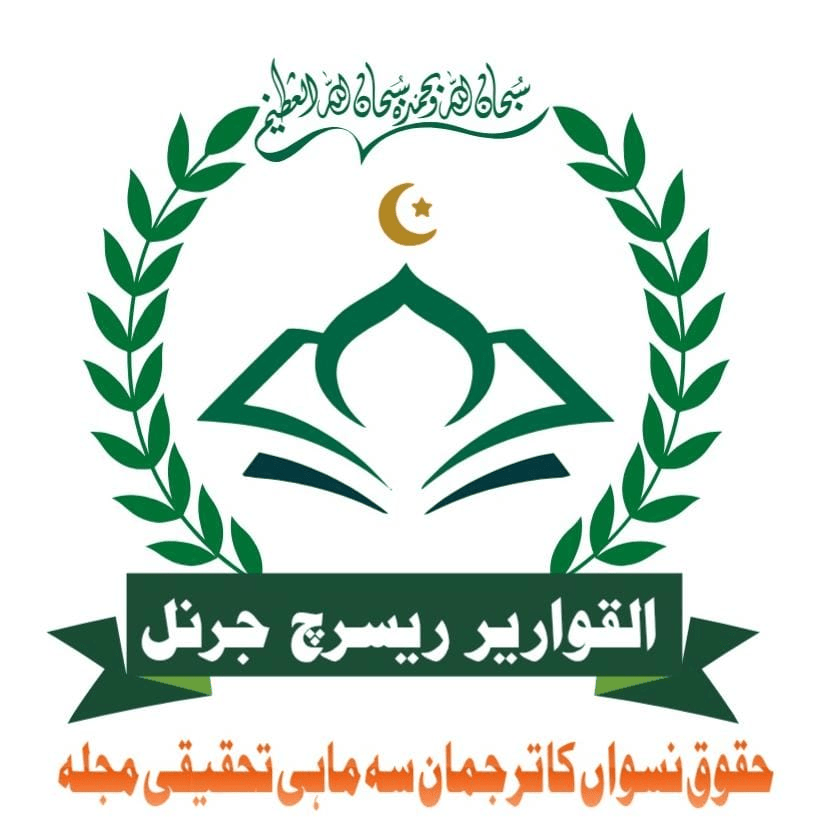اقوام متحدہ کے تعلیمی نظام 2030 میں صنفی مساوات کے تصور کا اسلامی نقطہ نظر سے تجزیہ
A Critical Review of the Concept of Gender Equality in the United Nations 2030 Educational Agenda
Keywords:
Gender Equality, United Nations, Sustainable Development Agenda 2030, Islamic Perspective, Gender RolesAbstract
The concept of gender equality has gained significant global attention, especially within the framework of the United Nations' Sustainable Development Agenda 2030. The UN has incorporated gender equality as a fundamental goal in its educational system, promoting equal rights and opportunities for both men and women. However, the idea of gender equality has been controversial, particularly in the context of Islamic teachings and the nature of male and female roles in society. Islam, while recognizing the equal worth of both men and women in terms of human dignity and divine creation, also acknowledges inherent differences in their physical, psychological, and social roles. These differences, according to Islamic principles, lead to varied responsibilities and rights for each gender, which should be respected for societal harmony and stability. On the other hand, the Western perspective on gender equality, influenced by feminist ideologies, often overlooks these differences and advocates for complete parity in all aspects of life. This paper critically examines the UN's 2030 agenda on gender equality in light of Islamic teachings, highlighting potential conflicts and the implications of disregarding natural gender distinctions. The study aims to present an Islamic viewpoint on gender roles, stressing the importance of balance and justice in a society that respects the unique qualities and contributions of both genders.
Downloads
Downloads
Published
Issue
Section
License

This work is licensed under a Creative Commons Attribution-NonCommercial-NoDerivatives 4.0 International License.




